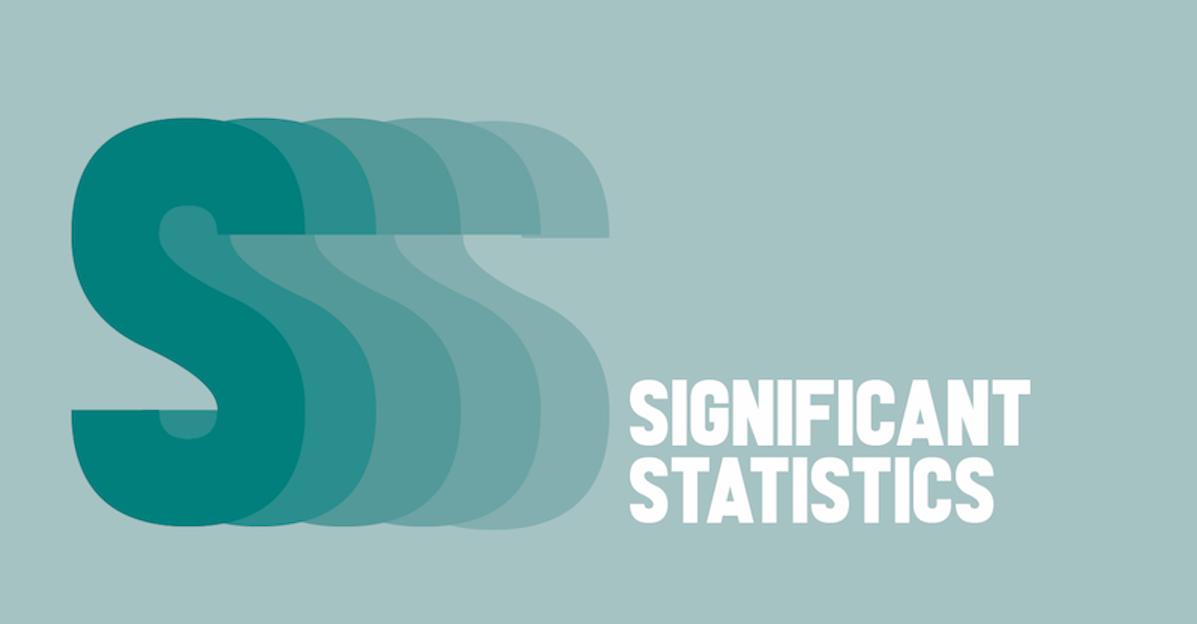
Disclaimer: The Data section of The Maneater is working with the Division of Student Affairs Strategic Initiatives and Assessment Office as well as the Student Affairs Student Advisory Board to gather and report data on multiple facets of the University of Missouri’s operations related to the student experience. Our numbers, context and quotes for this column and some future columns will come from Student Affairs. We acknowledge this close link brings with it inherent biases, but we in the Data section feel it important to make data Student Affairs collects accessible to students at MU. All future columns involving numbers, context and/or quotes from members of Student Affairs will come with this disclaimer.
This edition of Significant Statistics covers the National Survey for Student Engagement. NSSE is an important administrative tool used to assess the student experience at MU.
3 – The number of years between each MU NSSE administration. This confidential survey is designed to measure students’ participation in the kinds of activities or interactions associated with success in and completion of college — also known as high-impact practices.
The NSSE asks about how students fill their time, their interactions with faculty, staff and each other, and how supportive their school is. Two additional modules ask about academic advising experiences and either first-year or graduating student transitions so MU can make improvements in those areas based upon responses.
The responses from the NSSE allow MU to compare itself to other four-year, public colleges and gauge how it can foster more students’ participation in high-impact practices.
30%
MU’s 2022 NSSE response rate goal. Currently, 21.6% of those who have been sent the survey have responded.
Ashli Grabau, director of Strategic Initiatives and Assessment, said, “[Higher response rates] allow us to get a sense of how our students may be experiencing campus in different ways … what we’re doing well, where we need to provide more support or … make changes to better support all students.”
44%
MU’s NSSE response rate in 2019, which was one of the highest nationally.
“We use survey data, so it doesn’t just sit on a shelf,” Grabau said. “We value what our students are sharing with us and the more responses that you get, the more confident you are that the results are reflective of the student body.”
51%
The percentage of first-year students participating in high-impact practices, according to the last NSSE. High-impact practices include participation in freshman interest groups, service learning, internships and more.
“The more we can engage students in those experiences, the better,” Grabau said. “COVID kind of didn’t allow us to maximize the results last time, so I think we’ll learn a lot this time.”
So what specifically does the Strategic Affairs and Investigation Division do to turn survey results into meaningful changes? One high impact practice students can and do engage in, to a limited extent, is study abroad.
As a result of the NSSE survey responses, the study abroad office is looking at how to make study abroad experiences more accessible to all students, including having study abroad-adjacent experiences without actually traveling.
93%
The percentage of seniors who report participating in at least one high impact practice. Ninety-seven percent of first-year students who participate in at least one high-impact practice advanced to at least their sophomore year.
Edited by Aisling Kerr, [email protected]